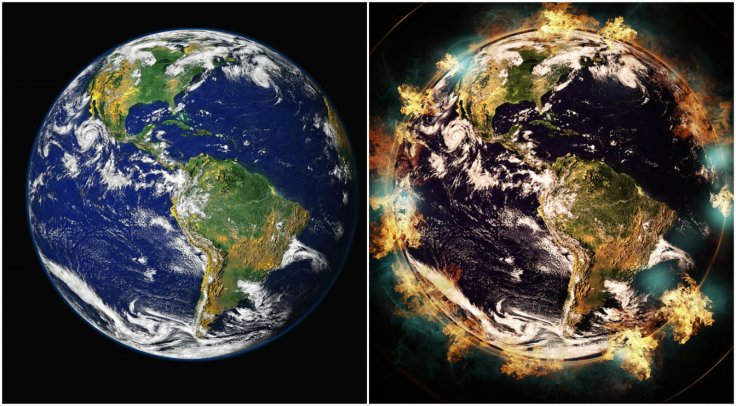
Space experts believe that the earth is more than 4.5 billion years old, and if we condense this lifespan into 24 hours, humans have originated in this blue planet just three seconds ago. However, within this three-second, humans have drastically converted the earth to meet their needs and it has created serious problems in the environment.
For the past few decades, the earth has been experiencing several destructive strokes from human activities, and these mindless moves have already pulled several species of animals to the verge of extinction.
Climate change and its aftereffects
Apart from the death of several endangered species, human activities have resulted in drastic climate change. Global warming is one of the serious issues faced by the earth today, and even after strict combating measures, it is becoming harder and harder to reduce carbon emission on the earth's atmosphere. As a result of global warming, glaciers are melting faster than before, sea levels are rising alarmingly, and sudden fluctuations in climate are creating havoc for both animals and humans.
Several experts have recently warned regarding the uncontrollable climate change that is gripping the earth in its full fury. Nobel Laureate Didier Queloz revealed that humans should concentrate on fixing the problem of climate change so that the earth can be saved from being doomed. He also added that humans should initially concentrate on saving the blue planet instead of spending time and resources on materializing Mars colonization missions.
In the meantime, another study report has recently suggested that humans may go extinct in any given year from now. In the study report, researchers noted that humans have a one in 14,000 chance of going extinct every year due to natural causes, and these odds may be elevated if man-made threats like climate change are added to the list.
The nuclear energy dilemma
As the energy crisis in the world continues, experts believe that nuclear energy is the only way to solve this problem, but this way of energy reaping has its own risk. In 2011, the giant tsunami that hit the Japanese coast had damaged the Fukushima nuclear plant, and recent studies have revealed that there are hotspots still spewing harmful radiation near Fukushima.
Apart from these human-triggered apocalyptic causes, doomsday asteroids also threaten the existence of the earth. In order to combat these threats from deep space, NASA, the United States space agency is tracking near-earth objects (NEO) that may hit the earth in the future.









